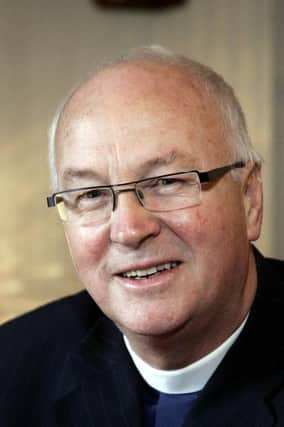Early snubs need not be final


Astaire enjoyed fame as the dance partner of Ginger Rodgers, but such an outcome was not foreseen by a talent scout Astaire encountered when he first went to Hollywood. The scout’s verdict was caustic: ‘Can’t act, can’t sing, slightly bald, can dance a little.’
Others who achieved ultimate fame had similar unpromising verdicts pronounced upon them. James Last, celebrated orchestra leader, was sent to piano lessons as a boy. One day he returned home with a note from his teacher which read: “Dear Mrs. Last, do not send James for any more lessons, wasting your money and my time.” One of Ireland’s most famous playwright’s, Samuel Beckett, was none too impressive as a student at Trinity College, Dublin. At the end of his second year, the famous philosopher A.A.Luce described Beckett’s prospects as “quite dismal”.
Advertisement
Hide AdAdvertisement
Hide AdThe Bible introduces us to many characters who, at the outset, do not appear promising, yet, by the grace of God, they rise about their birth’s invidious bar. Jacob was Esau’s twin, and gripped his brother’s heel as he emerged from the womb. He was given the name, Jacob, which derives from a Hebrew verb meaning “to catch by the heel, to deceive, to outwit”. Twice Esau was on the receiving end of his treachery, once when obliged to sell his birthright for a bowl of soup, and later when the Jacob lied to Isaac, and stole his brother’s blessing. Yet Jacob was later given a new name, Israel. He had become a “prince with God” (Genesis 32;28).
Consider another whose story is told in the brief New Testament letter which Paul wrote to his friend Philemon. Paul had been a guest once in Philemon’s house and met a slave called Onesimus, a name which means ‘useful’. However he proved not to be so, and ran away from his master’s service. Paul encountered him in Rome, and while there Onesimus became a Christian. Writing to his friend, Paul said that Onesimus, “became my son while I was in chains.” Paul later felt duty bound to send Onesimus back to his master. Paul pleads that he may be warmly received, adding, “formerly he was useless to you, but now he has become useful both to you and to me.” (Philemon vs 11). By the grace of God, early snubs may be overcome. In God’s economy, they are not final.